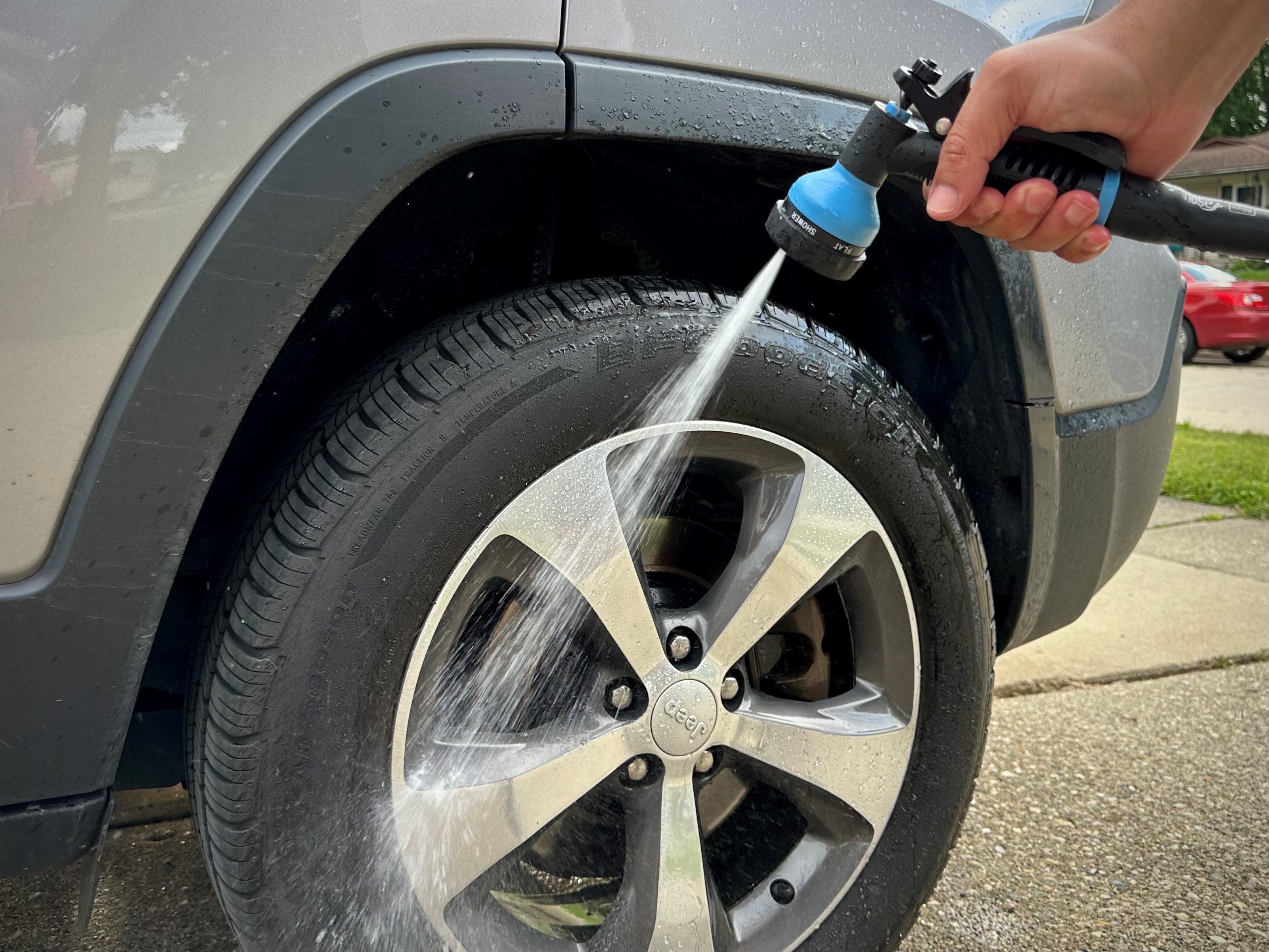The Impact of Proper Car Care on Stormwater
Posted on: August 21, 2024
In our effort to safeguard local waters from pollution, every little action counts, and proper car care is a crucial yet often overlooked aspect. Automotive fluids like motor oil, antifreeze, and lubricants are not just inconvenient spills—they are hazardous to the environment and can cause significant harm if not handled correctly.

Here’s how you can play your part in keeping our stormwater clean and our waters pristine:
1. Handle Automotive Fluids Responsibly
Avoid pouring used motor oil, antifreeze, or other automotive fluids down storm drains or onto the ground. These substances contain harmful chemicals that can leach into the water supply, contaminating rivers, lakes, and streams. Instead, contact your local vehicle service stations or recycling centers. Many accept used fluids for recycling when placed in separate, sturdy, labeled, and sealed containers. Ensure these fluids are free of contaminants before disposal, and remember to thoroughly drain oil filters before disposal as well.
2. Wash Vehicles Wisely
When it’s time to wash your car, boat, or other vehicles, opt to do it on your lawn or another permeable surface. This allows the water to soak into the ground rather than running off into storm drains. Minimize the use of detergents, as they can introduce additional pollutants. High-pressure washing is a great alternative—it’s efficient and reduces the need for soap, saving water and minimizing pollution.
3. Maintain Your Vehicle
Keeping your vehicle in good condition is not just about performance; it’s also about preventing pollution. Regularly check for and repair any leaks to ensure that oils and fluids do not end up on the pavement. A well-maintained vehicle is less likely to contribute to stormwater contamination.
4. Clean Up Spills Effectively
If you do experience an oil leak or spill, use absorbent materials like kitty litter to soak up the substance. Avoid hosing down the area, which can wash pollutants into storm drains. Once the area is cleaned, dispose of the absorbent material in a proper waste container.
5. Sweep Instead of Hose
When it comes to cleaning paved areas like driveways or garages, opt for sweeping rather than hosing them down. Sweeping helps to remove debris without sending contaminants into stormwater systems.
By adopting these simple yet effective car care practices, you can significantly reduce the impact of automotive pollutants on our local waters. Stay tuned for more tips on protecting our waters in the next installment of our blog series!